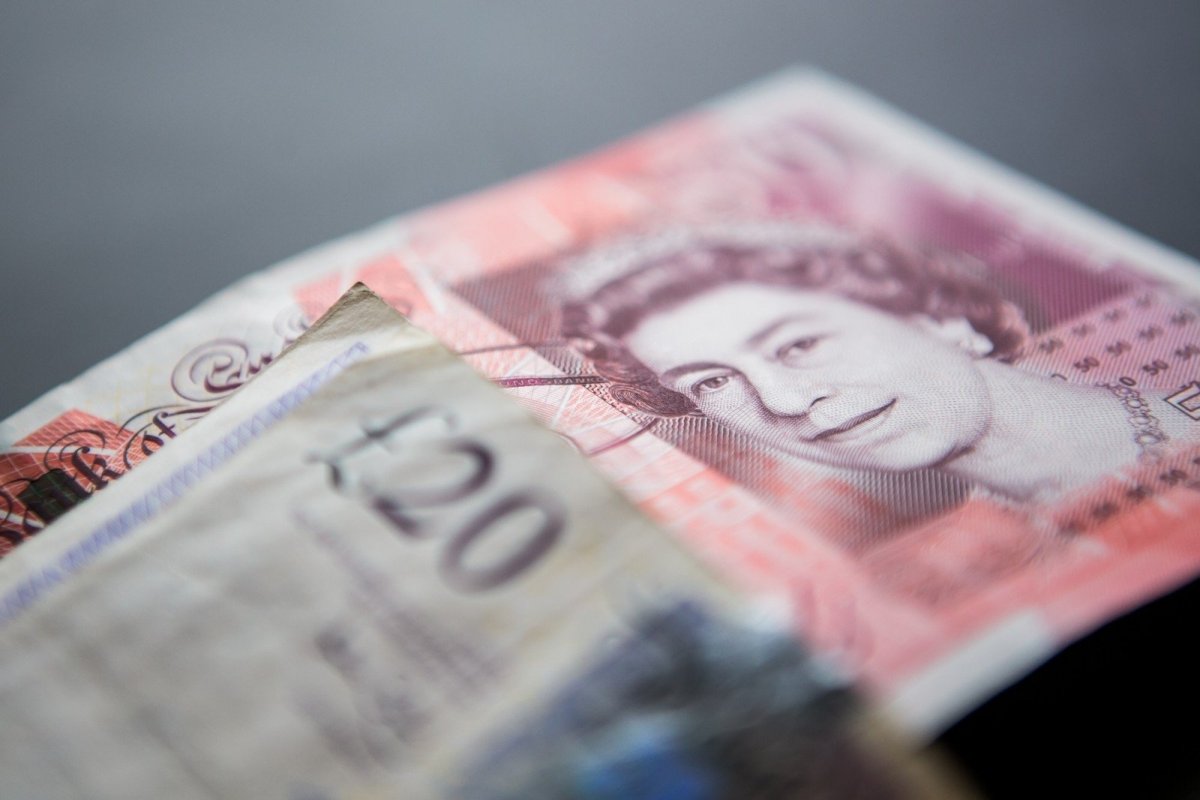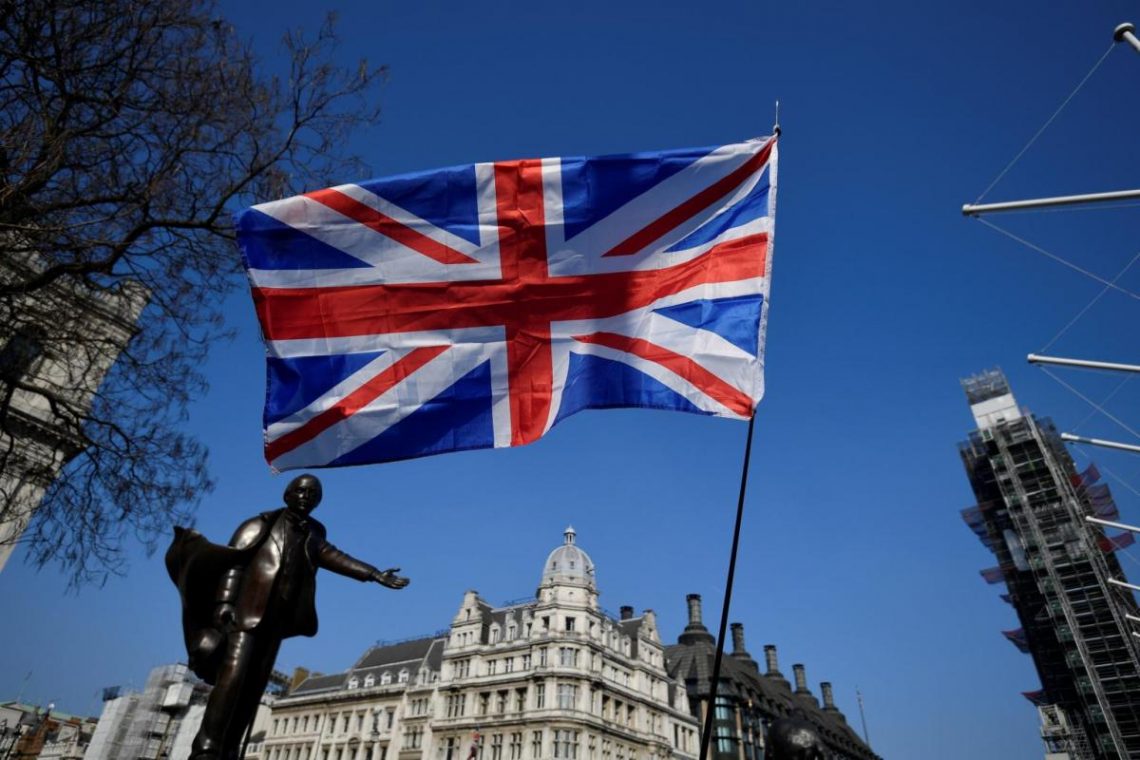What factors affect the value of the British pound
The Brexit procedure was quite successful, the UK and the EU almost recovered from the gap, but other problems arose. Recently, the parties held negotiations, which were not successful. As a result, the value of the British pound fell, which weakened its position. Coronavirus Pandemic also worsened the situation, which reduced the economic performance of the kingdom.
Bloomberg experts analyzed the recent meeting of representatives of the UK and the EU. The main topic of the negotiations was trade relations between the countries and the movement of their citizens. Each of the parties had their own demands, in the solution of which they refused to make concessions, in the end, no compromise was reached. The failure affected the pound, which fell against the dollar for 5 days. Last month, the currency was included in the list of the worst, while 10 other countries are in the group together with the UK. Analysts warn that the situation could get worse.
Negotiations were tense, British Prime Minister Boris Johnson threatened to leave the meeting, if there is not at least minimal progress. It is important for the country to complete the transition phase of Brexit, which began on December 31, but it is impossible without a free trade agreement with the EU. Otherwise, it will put a negative burden on the British economy. According to Bloomberg, the state is now in a serious recession, the worst in 300 years.
This year, the pound lost to the Norwegian krone in the ranking of the most volatile currencies among the G10 countries. However, the decline in British money continues. Last week, they fell by 1.7%, and the cost of 1 pound was 1.22 dollars, which was the lowest in 2 months. Specialist of MUFG Lee Hardman says that in the short term, money is likely to fall below the fixed level.

The initial consensus forecast from Bloomberg analysts predicted the growth of this currency by 3% by the end of this year and will amount to about $1.33. However, now it is obvious that the result will be lower.
The British authorities are interested in completing negotiations with the EU, which will positively affect the strengthening of the pound. In addition, Boris Johnson plans to complete the transition phase by the end of the year, even if no agreement is reached.
Apart from the trade agreement, the issues of fishing, automobile and air transport and nuclear energy are also important. Difficulties arise with regard to fisheries. The EU wants to have access to British waters, which London is not doing and insists on quotas that the EU already has with Iceland and Norway. The competition in the market and the control of the European Court of Justice over these processes are also being discussed.










